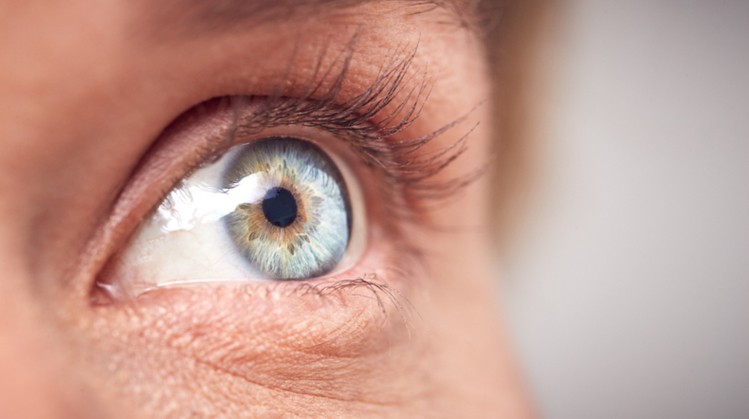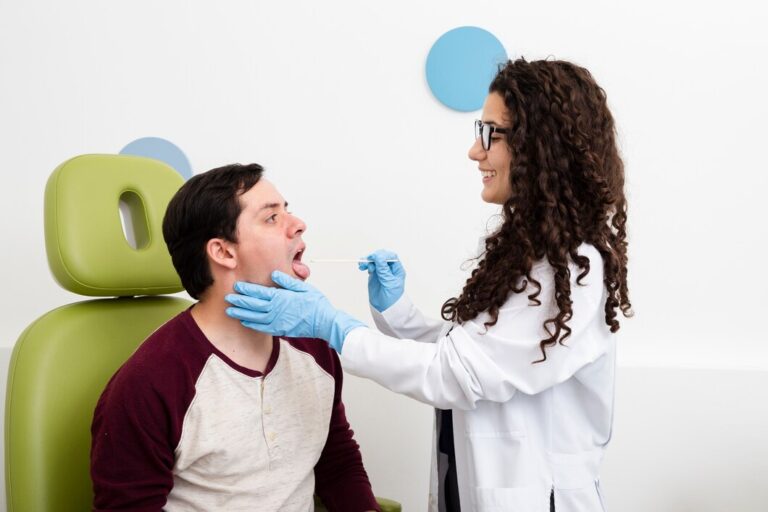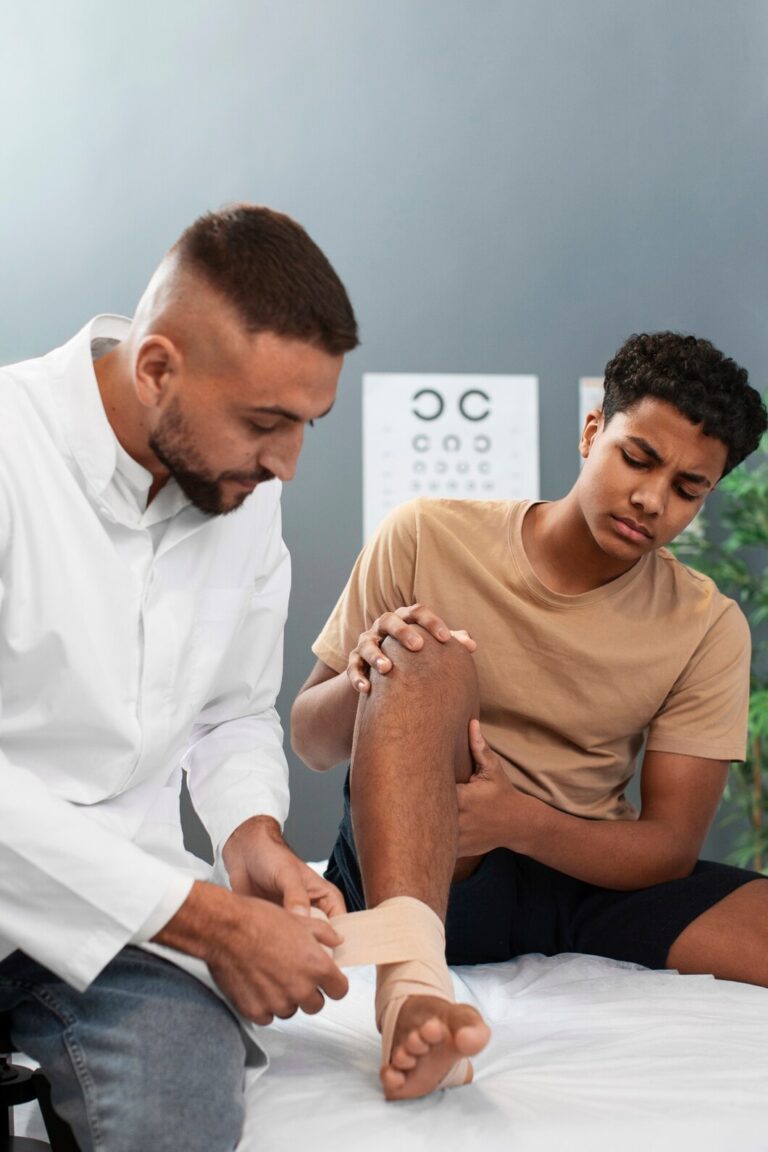The Comprehensive Guide to Maintaining Optimal Eye Health
The Value of Frequently Scheduled Eye Exams
Routine eye exams are essential for maintaining eye health, early detection of serious disorders such as glaucoma, cataracts, and macular degeneration, taking preventive action, and preserving long-term vision. If you’re looking for comprehensive eye care vitamins, they can support your vision with regular check-ups.
CDC guidelines recommend adults get eye exams every two years to diagnose common vision problems and identify severe health issues like high blood pressure or diabetes. Better management of many illnesses and more effective therapies result from early discovery.
Essential Lifestyle Changes for Better Eye Health
A balanced diet, regular physical activity like yoga or walking, quitting smoking, treating chronic diseases like diabetes and hypertension, and keeping a healthy lifestyle may greatly enhance eye health. Giving up smoking and increasing your intake of leafy greens, fatty salmon, and nuts can help you get the nutrients your eyes need to operate correctly and lower your risk of cataracts, optic nerve damage, and age-related macular degeneration.
Nutrients and Supplements That Support Vision
Nutritional consumption directly impacts eye health; omega-3 fatty acids, zinc, other minerals, and essential vitamins A, C, and E are all necessary for sustaining healthy eyesight. Vitamin A protects the eye’s surface, while Vitamin C reduces cataract risk and macular degeneration. Zinc is essential for delivering Vitamin A to the retina for melanin production. Supplements, such as high-quality eye care supplements, provide these nutrients, acting as a safety net to ensure eye health.
The Impact of Technology on Eye Health
The digital age has increased screen time, which can cause digital eye strain, headaches, blurred vision, and dry eyes. Screen blue light can potentially interfere with sleep by influencing melatonin synthesis. To reduce eye strain, follow the 20-20-20 rule, take a 20-second break every 20 minutes, use blue light filters, and create a well-lit workspace.
Practical Tips for Eye Care
- Put on sunglasses. These sunglasses offer 100% UV protection, protecting your eyes from harmful UV rays.
- Maintain a comfortable distance from screens: Ensure your computer screen is at arm’s length and slightly below eye level to reduce strain.
- Use artificial tears: If you experience dry eyes, over-the-counter artificial tears can help keep your eyes moist.
- Ensure proper lighting: Poor lighting can lead to eye strain. Ensure your reading or working area is adequately lit, preferably with natural light.
Eye-Friendly Habits to Develop
Maintaining eye health involves daily habits like washing hands and avoiding contact with eyes to prevent infections, especially for contact lens wearers. Sleep deprivation can cause eye strain, dryness, and twitching, so getting enough sleep is essential for restoring eye health. A good night’s sleep of 7-8 hours is necessary for maintaining good eye health generally.
Conclusion
Maintaining sound eye health requires a balanced diet, lifestyle changes, and routine exams. It’s an ongoing process that requires vigilance and proactive measures to maintain sharp vision.






